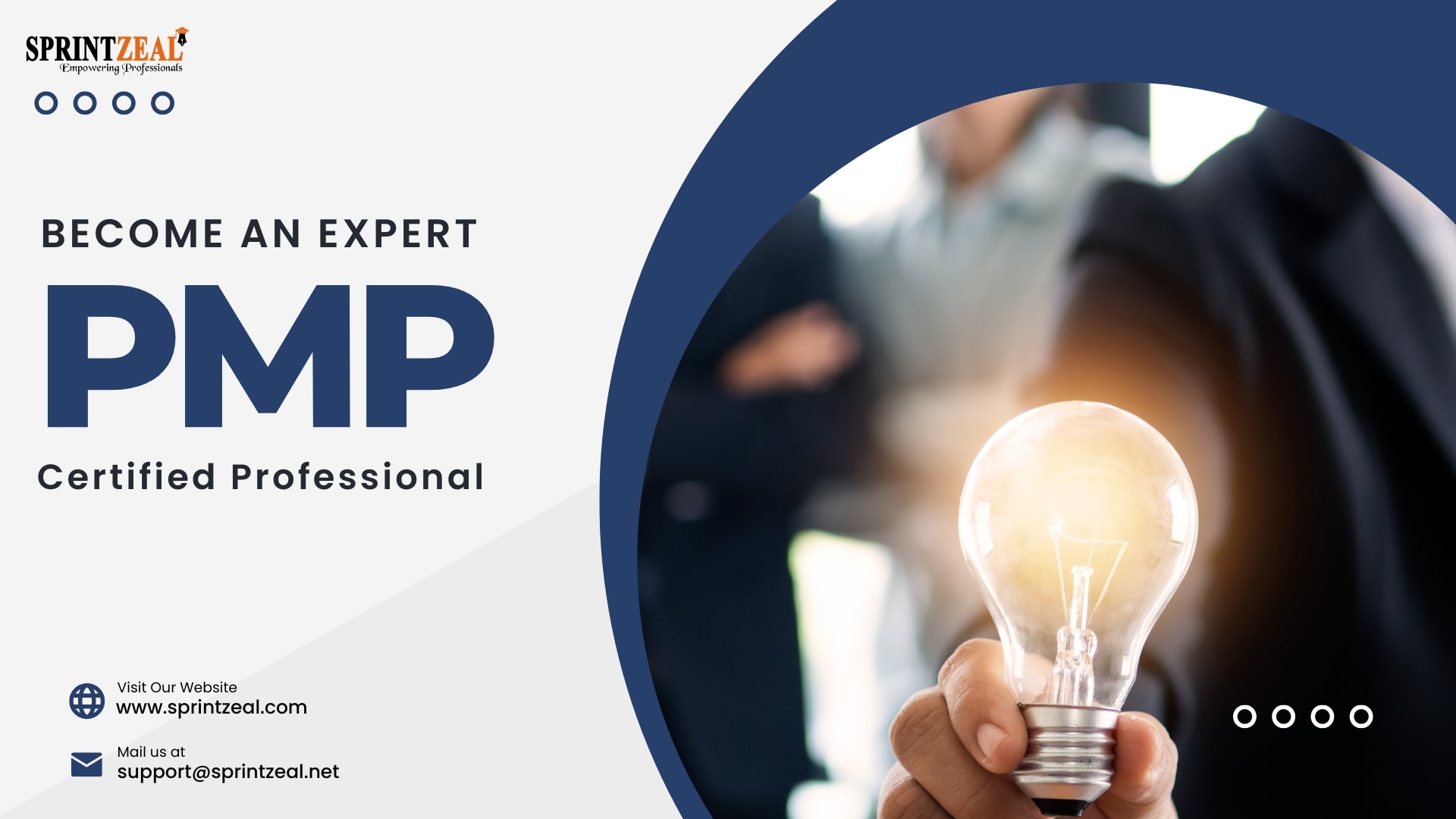
Preparing for the Project Management Professional (PMP) certification can be a daunting task, but with the right approach and dedication, you can ace the exam and enhance your project management career. The PMP certification, offered by the Project Management Institute (PMI), is globally recognized and demonstrates your expertise in project management processes and best practices. To help you embark on this challenging yet rewarding journey, let’s explore the best ways to prepare for the PMP certification.
- Understand the Exam Structure:
First and foremost, familiarize yourself with the PMP exam format. The exam consists of 200 multiple-choice questions to be answered within a four-hour time frame. These questions are based on the Project Management Body of Knowledge (PMBOK) guide, which is considered the cornerstone of PMP exam preparation. Understanding the structure of the exam will guide your study plan effectively.
- Embrace the PMBOK Guide:
The PMBOK Guide is your bible for PMP certification. Thoroughly read and comprehend its content, as it forms the basis of the exam. Break down the guide into manageable sections and study one at a time. Focus on understanding the key concepts, processes, and knowledge areas outlined in the guide.
- Enroll in a PMP Exam Prep Course:
Consider enrolling in a reputable PMP exam prep course. These courses are designed to provide comprehensive coverage of the PMBOK Guide, offering structured learning, practice exams, and expert guidance. Many courses are available online, allowing you to study at your own pace while benefiting from interactive lessons and real-time feedback.
- Utilize Additional Study Materials:
In addition to the PMBOK Guide, explore other study materials such as PMP exam prep books, online forums, and study guides. These resources often offer practical examples, case studies, and tips from experienced professionals, enriching your understanding of project management concepts.
- Practice with Mock Exams:
Practice makes perfect. Take advantage of mock exams and practice tests to assess your knowledge and identify weak areas. Several online platforms offer simulated PMP exams that mimic the real test environment. Regular practice not only boosts your confidence but also improves your time management skills, ensuring you can complete the actual exam within the allotted time.
- Create a Study Plan:
Develop a well-structured study plan that fits your schedule. Allocate specific time slots each day or week dedicated solely to PMP exam preparation. Set achievable goals, monitor your progress, and adjust your plan as needed. Consistency and discipline in your study routine are key to mastering the extensive PMP curriculum.
- Join Study Groups:
Joining or forming a study group can be highly beneficial. Engaging with peers allows you to discuss complex topics, share insights, and learn from one another’s experiences. Explaining concepts to others can reinforce your understanding and help you retain information better. Study groups also provide valuable emotional support and motivation during the challenging preparation phase.
- Understand the PMI Code of Ethics:
Familiarize yourself with the PMI Code of Ethics and Professional Conduct. This knowledge is not only essential for the exam but also crucial for your professional development as a project manager. Understanding ethical considerations in project management scenarios will enable you to answer related questions confidently.
- Take Care of Your Well-being:
Preparing for the PMP certification can be stressful, so it’s essential to take care of your physical and mental well-being. Maintain a healthy lifestyle, get regular exercise, and ensure you get enough sleep. Practice relaxation techniques such as meditation or yoga to manage stress. A healthy mind and body enhance your ability to absorb and retain information effectively.
- Review and Revise:
As the exam date approaches, focus on reviewing your notes, key concepts, and areas of difficulty. Use flashcards, mind maps, or other memory aids to reinforce important information. Don’t cram the night before the exam; instead, relax and get a good night’s sleep to ensure you are mentally sharp and alert on exam day.
Conclusion
Preparing for the PMP certification requires dedication, focus, and a strategic approach. By understanding the exam structure, utilizing study materials, practicing with mock exams, and taking care of your well-being, you can significantly enhance your chances of success. Remember, the PMP certification not only validates your project management skills but also opens doors to exciting career opportunities. Stay persistent, believe in your abilities, and with the right preparation, you can conquer the PMP exam and elevate your project management career to new heights.




